Biology is "the study of living things and life itself," so what does that have to do with manufacturing? Synthetic biology is rapidly turning cells and micro-organisms to the task of manufacturing products for humans. If that sounds like science fiction, be assured that it's not. And if it sounds like syn-bio won't affect your industry, be assured that it will. According to this report from the Boston Consulting Group, that means everything fuel to fabric to food to flavors, will soon have a little help from syn-bio.
Biology is transforming from an analytical discipline to an engineering pursuit. Syn-bio will improve existing processes and create new products.
Synthetic biology, or syn-bio, could be defined as "the design and engineering of biological systems to create and improve processes and products." In the future, syn-bio will likely be involved in the manufacturing processes for nearly every human need, from fuel, to food, to fabric and flavors. Consider the proliferation of synthetic meat companies like Impossible Foods and Innocent Meat. These companies create ethical meat products by extracting chicken, duck, or beef stem cells, then putting them in a bioreactor and adding nutrients to produce "meat" that grows faster than it would if grown on an animal. This process uses fewer resources and limits environmental impact. It also reduces purity concerns because the product is grown in a sterile environment. Synthetic meats are just one new product; syn-bio innovations are likely to disrupt nearly every...
Françoise Candelon, Vinit Patel, Antoine Gourévitch, and Nicolas Goeldel are professionals with the Boston Consulting Group. Matthieu Gombeaud and Georgie Stokol are Boston Consulting Group alumni.












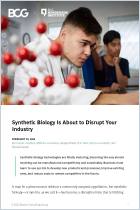





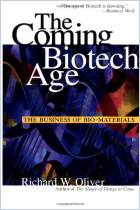
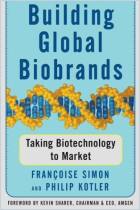

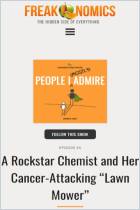
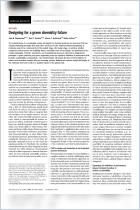


Comment on this summary or 开始讨论